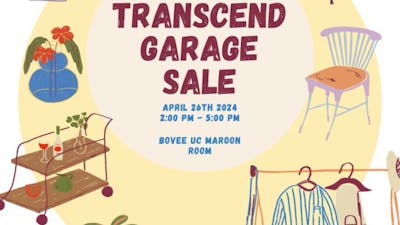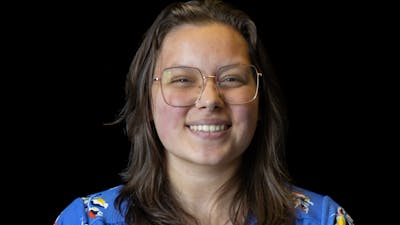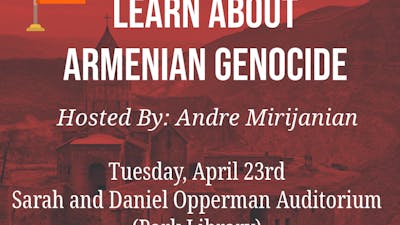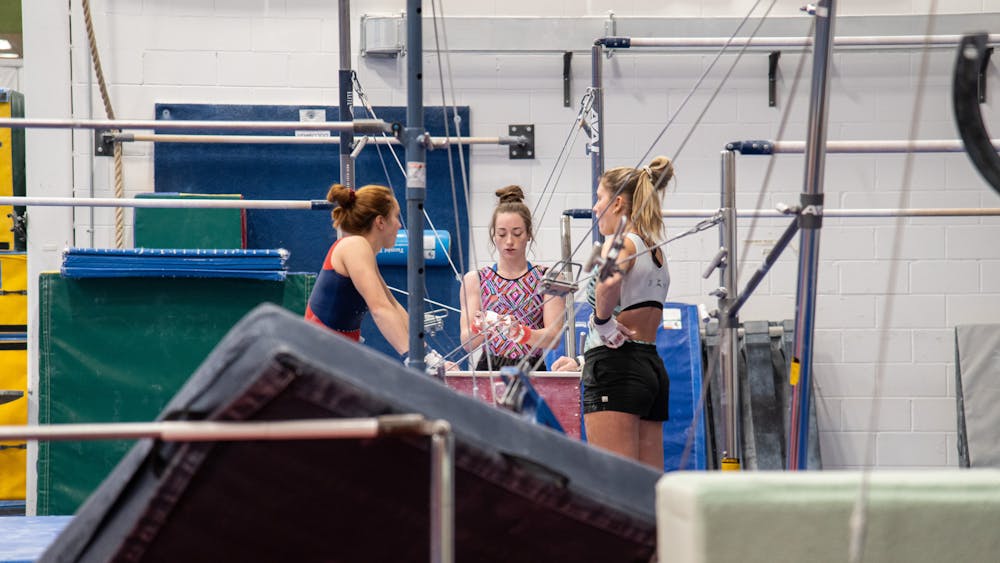Guest Speaker Rochelle Ettawageshik visits CMU Park Library
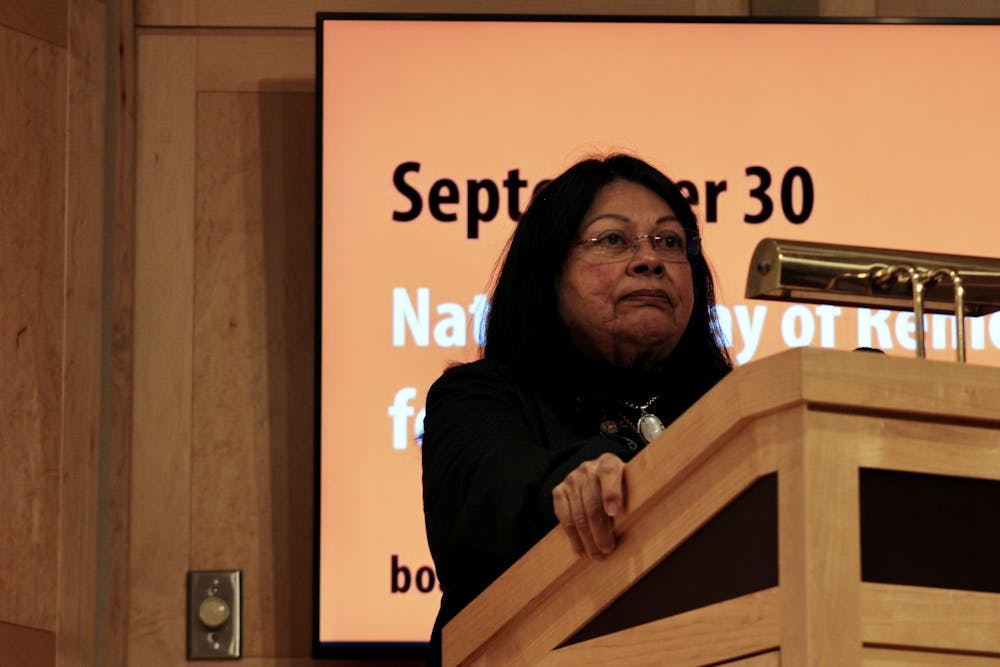
In honor of Native American Heritage month, advocate and board member of the National Native American Boarding School Healing Coalition Rochelle Ettawageshik, visited Central Michigan University on Nov. 18.
While delivering the keynote address for CMU's Native American Heritage Month in the Park Library Auditorium, Ettawageshik discussed her family history as well as her involvement in the National Indian Child Welfare Association (NICWA).
Ettawageshik is from Harbor Springs, Michigan and is a citizen of the Little Traverse Bay Bands of Odawa Indians. She earned her associate's degree from Lansing Community College and is a graduate from the Lansing Community Leadership Development Academy. Ettawageshik has held many positions as an advocate for Native Americans in her lifetime. She worked as the director of the Michigan Office of Native American Affairs and was a part of the administration for the child and family services agency.
Meanwhile, Ettawageshik is the vice president of the Michigan Indian Education Counsel and also serves on the board of NICWA that she was the vice president for in the past. She is also a board member of the National Native American Boarding School healing Coalition where she served as vice president in the past
Ettawageshik mentioned that her entire family came from boarding schools, but she herself never had to attend one.
“I am a product of those who have come before me that have been in boarding schools," Ettawageshik said. "I used to wonder why they acted the way they did because we have a lot of alcoholism in my family, and I used to be ashamed to say that, but I understand that more now.”
Ettawageshik believes that almost all Native Americans have been touched by boarding schools. She said that her family is Catholic and she is almost certain it is because of boarding schools forcing Christianity upon Native American children.
Even to this day, Ettawageshik said, families are being torn apart by the state taking away their children.
“There has been a lot of abuse of our children—physical, sexual. There has been neglect of our children in these institutions which have had profound effects," Ettawageshik said. "I often think of the children at our borders, that they’re in institutions right now who have been separated from their families. I just wonder how is that going to impact our children as they grow up and become adults and how are they going to deal with us as a nation."
Ettawageshik illustrated that one of the major goals in being a part of NICWA is to return Native American children to their families or at least those that care for them in order to give them a home.
“We want families, grandparents and children to be together,” Ettawageshik said.
Due to the abundance of children being taken from their parents, the Indian Child Welfare Act was created. Ettawageshik said this act helps establish minimum federal standards for public and private removal of Native American children from their families.
Furthermore, it recognizes the tribal nation’s jurisdiction over child custody proceedings. The ICWA act also serves as funding to tribes for the operation of child and family programs.
Ettawageshik noted that her greatest motivation to help Native American children was the culture that she came from and her personal experience interacting with her family as they struggled with alcoholism to cope with their past.
“This made me more interested and concerned for our children because our children are still being taken to this day by the state," Ettawageshik said. "I want to make sure those children are returned and given the opportunities to be educated and have good lives. So that’s why I do this.”
